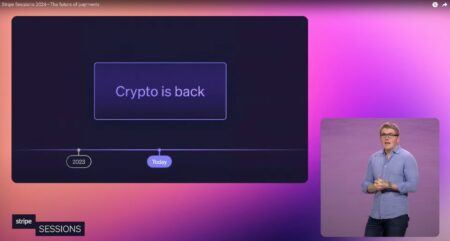Cryptocurrency exchanges have accepted 147,000 BTC ($1.3 billion) from high-risk addresses through the first half of 2020.
According to a report by research and analysis firm Peckshield, exchanges were responsible for accepting more than one billion in funds from wallet addresses identified as “high-risk” from previous suspicious or illegal activity. The report claims high-risk level addresses are wallets that could have been on a country’s sanctions list, connected to a darknet marketplace or siphoned from an exchange breach.
The Chinse crypto analytics company found that Huobi was the leading exchange to receive funds from high-risk address, followed by Binance and OKEx. According to the study’s result, the top three trading platforms accounted for more than 60% of total high-risk assets received through the first two quarters of 2020.
The report noted that bitcoin mixing applications and exchange swaps circumventing know-your-customer (KYC) rules complicate the process of tracking high-risk funds. The analytics firm found that the movement of funds between alleged illicit addresses accounted for 13,927 transactions in total.
As CryptoGlobe reported, CryptoCompare’s Exchange Benchmark revealed that 38% of crypto exchanges interact with high-risk entities in 25% or more of their transactions. These high-risk entities include criminals, darknet markets and vendors, gambling projects, malware operators, cryptocurrency mixers, ransomware operators, and OFAC sanctions addresses.
Out of CryptoCompare’s two top-graded AA exchanges, none interact with these high-risk entities, although some Top-Tier exchanges did in some of their transactions.
Featured Image Credit: Photo via Pixabay.com








